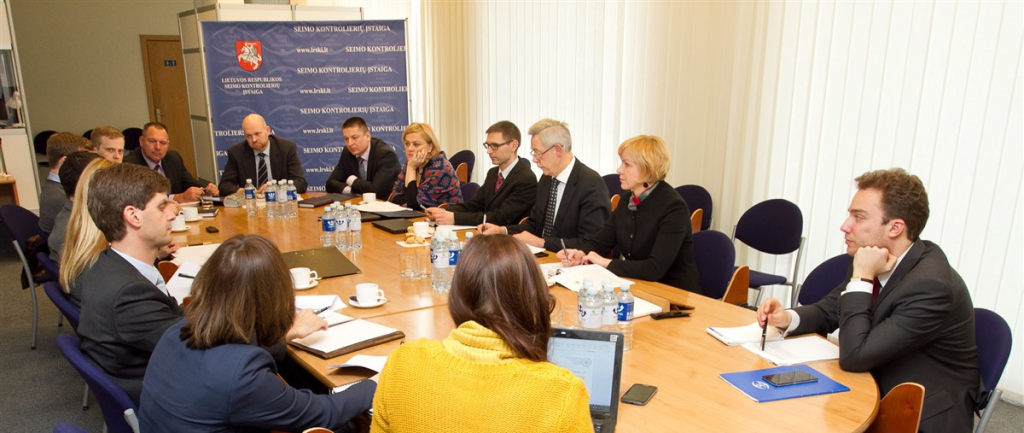On 27 October, the Head of the Prison Department issued an Order cancelling the regulation which had unduly restricted the lawyers’ access to their clients in the liberty deprivation places. This regulation, violating the right to a fair hearing and defence, was adopted a year ago, when it was established that a lawyer must provide the investigating authority or court approval of his/her status as a defender.
In September of 2014, right after this regulation was adopted, HRMI together with the Lithuanian Bar Association had requested the Prison Department to revoke the Order. The joint letter of the two organization stated that “it is to be noted that the European Court of Human Rights had held that there can be some restrictions for the defence lawyer to meet his/her client without third persons (case of Campbell and Fell v. UK (1984). […] the limitations can be imposed by the law only and within the principle of reasonableness. For this reason, the limitation for the lawyer to meet a client on the grounds that he/she did not provide the approval by the investigating authority or court that the lawyer (lawyer’s assistant) is the defender of this client, is unlawful because such limitation is not prescribed by law and therefore it breaches the principle of reasonableness and the right to defence)”.
In February of 2015, HRMI initiated a meeting at the Parliamentary Ombudsperson’s Office regarding the implementation of this Order. The participants of the meeting were the representatives of the Lithuanian Bar Association, Human Rights Monitoring Institute, Prosecutor General’s Office, the Ministry of Justice and the Prison Department.
After the subsequent meetings of the Lithuanian Bar Association with responsible institutions, the problem was finally solved on 27 October 2015 when the amended Order was adopted. Now it will be sufficient to provide the Lawyer‘s Warrant or a Decision on granting the legal aid guaranteed by the State, lawyer’s licence, and identification document when visiting clients in prison.








